Safety
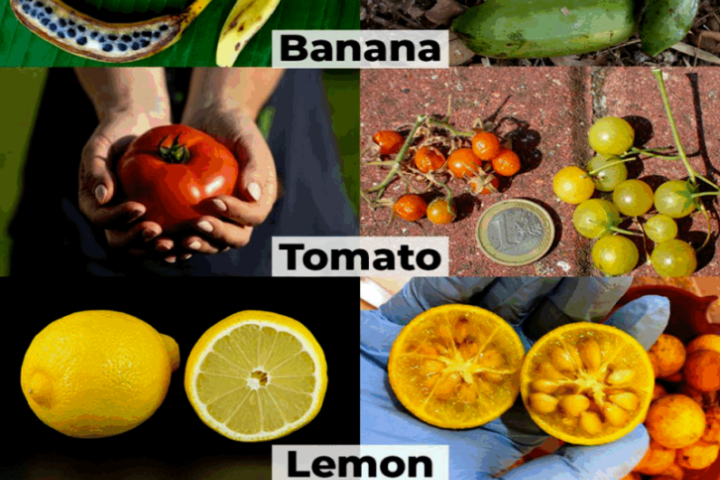
Beautiful and delicious mutants on your plate: The misunderstood world of crop improvement
When most of us hear the word mutation, the images that come to mind are not positive. We think of radioactive monsters, comic book villains, or genetic diseases like sickle-cell anemia. In popular culture, “mutants” are often synonymous with danger. Possibly the most famous are Marvel’s X-Men, who have enjoyed four big-screen incarnations and an enduring place among sci-fi movie aficionados.

'There is also a life before death' – Wine Pope Philipp Schwander on the Zeitgeist and the Activism of Health Authorities
The Swiss Master of Wine criticizes in an interview that wine is increasingly being demonized – contrary to scientific evidence and without any discussion about dosage and risk.

ESG reporting: little has been achieved apart from expenses
The ESG criteria (Environmental, Social, Governance) are intended to guide companies towards sustainable action and transparency. Companies have to invest considerable resources in complying with regulations and preparing reports. The workload is constantly increasing. For many companies, these requirements are an enormous bureaucratic burden – with little or no benefit for actual sustainability.

Drink water without hesitation
Various mineral waters were tested for purity for the French consumer programme «A Bon Entendeur’». Residues of degradation products of the pesticide chlorothalonil were found in some of them. However, according to ecotoxicologist Nathalie Chèvre from the University of Lausanne, there is no cause for concern.

Why trust in science is so important
It is essential that society has confidence in research. Only in this way can it realise its maximum potential and ultimately overcome social challenges such as climate change or a pandemic. But there are also critical voices: Some of the Swiss population has little or no trust in science. Four experts debated how research can gain people's trust at an «NZZ Live» panel discussion.

On the trail of POISONs
New 2023 data from Tox Info Suisse shows: Medicines and household products are primarily responsible for poisonings in Switzerland. Tox Info provided over 40,000 telephone poison counselling sessions last year. The statistics contrast with the media coverage. When the media talk about "poison", the focus is usually on pesticides. In the consultation statistics, however, products from agriculture and horticulture figure towards the bottom of the table with 2.2 per cent of consultations.
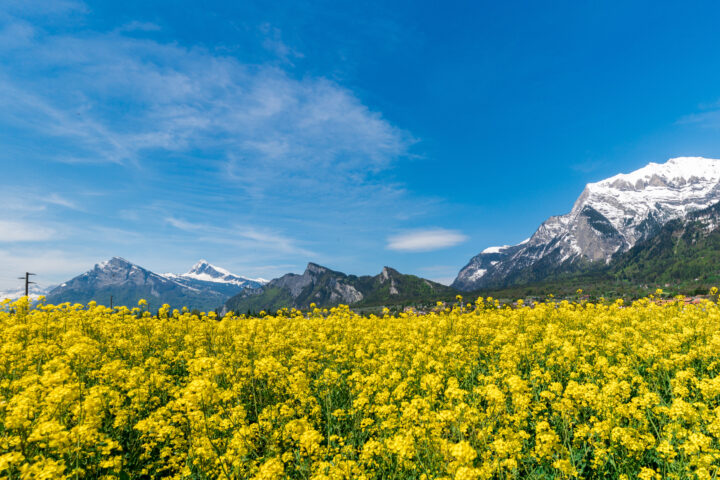
Why emergency authorisations are on the rise
Blick and Beobachter report that the federal government is increasingly approving emergency authorisations for crop protection at the request of manufacturing companies, suggesting that substances banned on the Swiss market are being reintroduced through the back door, so to speak. The story is as engaging as it is false. What is true, however, is that there are more and more pests for which no authorised products are available. The authorisation process is stalling.
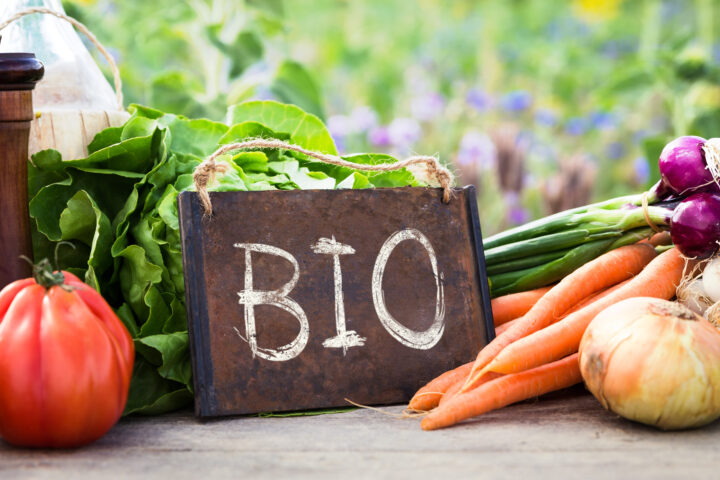
"Organic is not automatically healthier"
Can pesticides be found in urine if you only consume organic products? A journalist from CH-Media asked herself this question. She wanted to carry out a self-experiment to find out whether organic food is healthier. The results and the expert statements speak against it.

It pays to take a closer look
Pesticides are to blame for an increase in brain tumours in children in the Zürcher Weinland and the Bernese Seeland, according to a study carried out three years ago. Experts commissioned by the federal government have now come to a different conclusion: the results could also have been accidental.
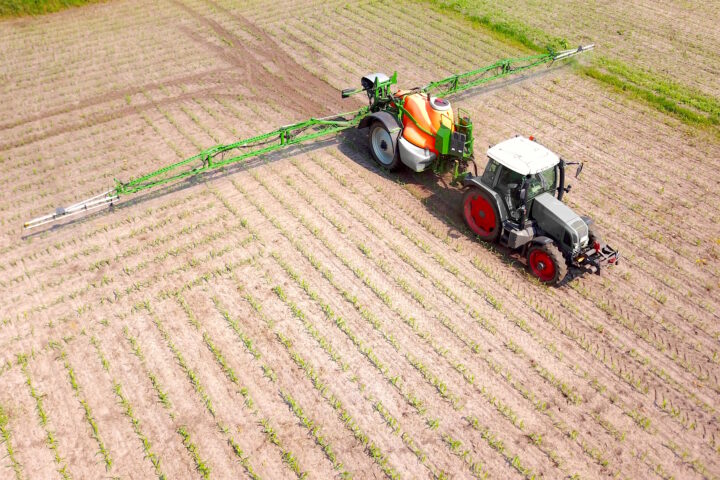
EU authorises glyphosate for another 10 years
The EU Commission has decided to endorse the assessment of the European Food Safety Authority, which found no critical problem areas regarding the effects of glyphosate on the environment and human and animal health. The EU Commission's science-based decision to extend the authorisation for a further 10 years is also a rejection of the scare campaigns by Greenpeace and Co.
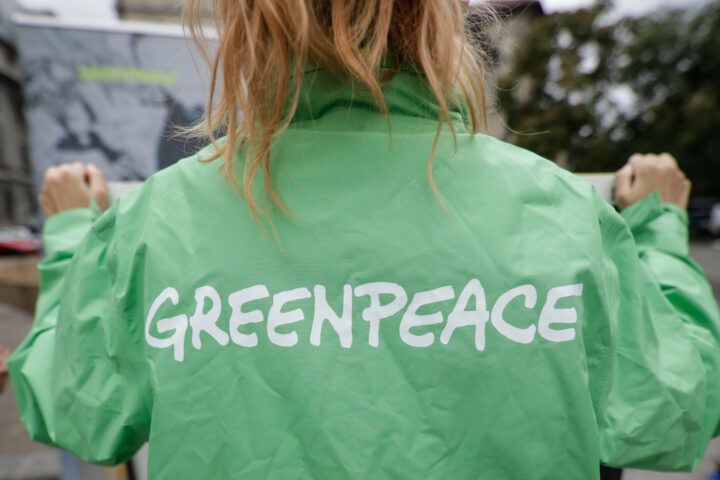
Greenpeace and the matter of facts
Greenpeace has been fighting bitterly against green genetic engineering for decades. SWR Wissen investigated why the environmental campaign organisation has become so entrenched in the issue and detached itself from scientific evidence. In the case of "Golden Rice", the consequences are particularly glaring. But alarmism also threatens to block important innovations in new breeding methods.
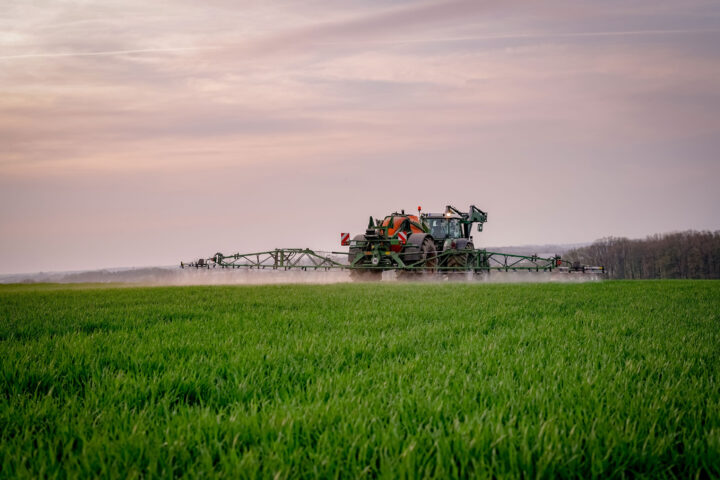
Unfounded Fears of Subtle Poisoning
In a compelling interview with Berliner Tagesspiegel, Andreas Hensel, a renowned Ger-man veterinary, and microbiologist, underscores the often-misunderstood perceptions regarding pesticide-related risks.
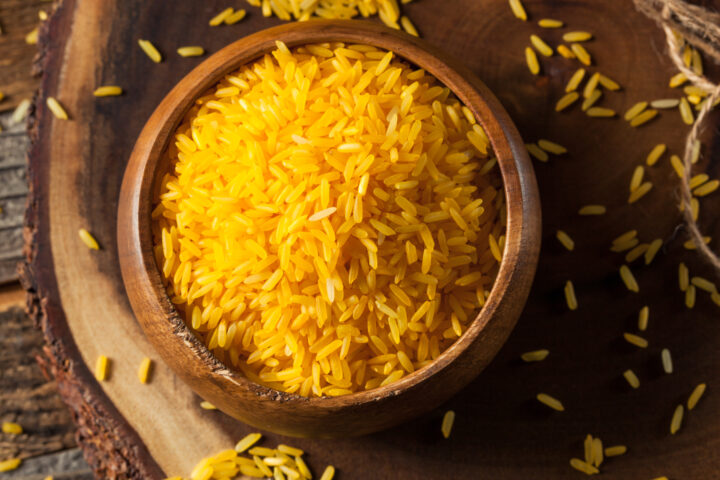
Gene Technology Obstacles Result in Lost Lives
The World Health Organization (WHO) believes that a staggering 500,000 children across the globe become blind every year due to a lack of vitamin A.
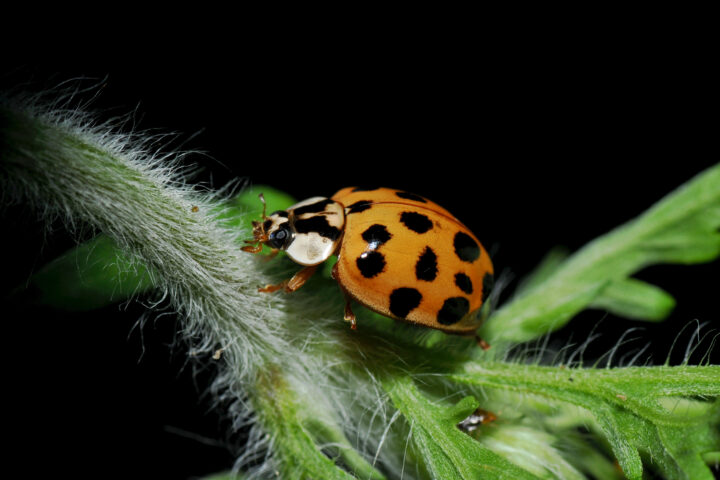
Invasive Species Play a Role in Species Extinction
The UN's Intergovernmental Science-Policy Platform on Biodiversity and Ecosystem Services (IPBES) has explored how invasive alien species contribute to species extinction. The report's findings are stark: Invasive alien species significantly threaten our natural environment, economy, food security, and health.
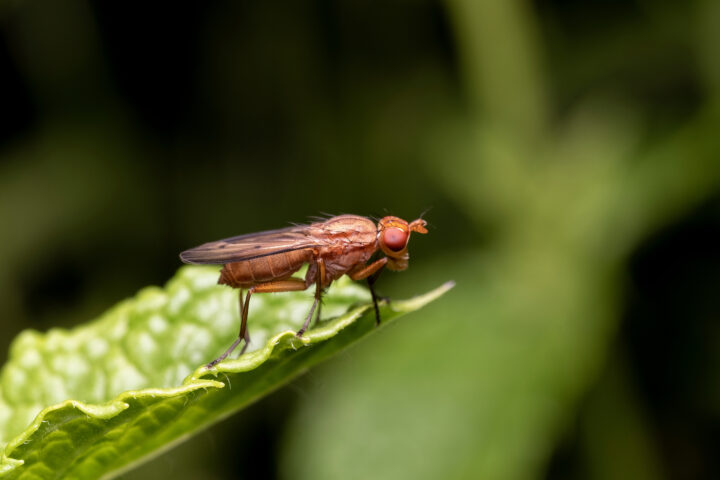
Cherry Vinegar Fly Endangers Switzerland's Traditional Tall Trees
Switzerland is witnessing a concerning decline in its traditional tall fruit trees. Not only is their upkeep labor-intensive, but the introduced cherry vinegar fly (Kirschessigfliege) has also wreaked havoc on their fruit.
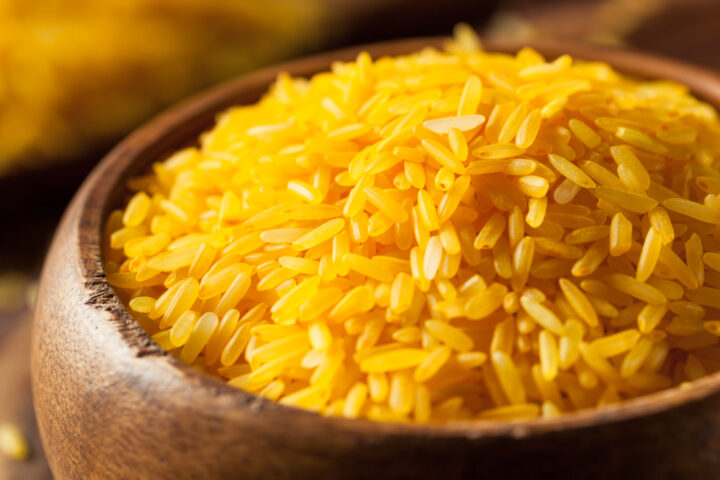
Environmental organizations put children's lives at risk
In the Philippines, the cultivation of Golden Rice has been temporarily banned. NGOs have obtained a cultivation ban based on scientifically untenable arguments. The poorest people, who could be protected from nutritional deficiencies by this rice, are the ones suffering the most. Martin Qaim, a professor of agricultural economics at the University of Bonn, strongly criticizes this renewed blockade and explains the background in the "Frankfurter Allgemeine Zeitung."
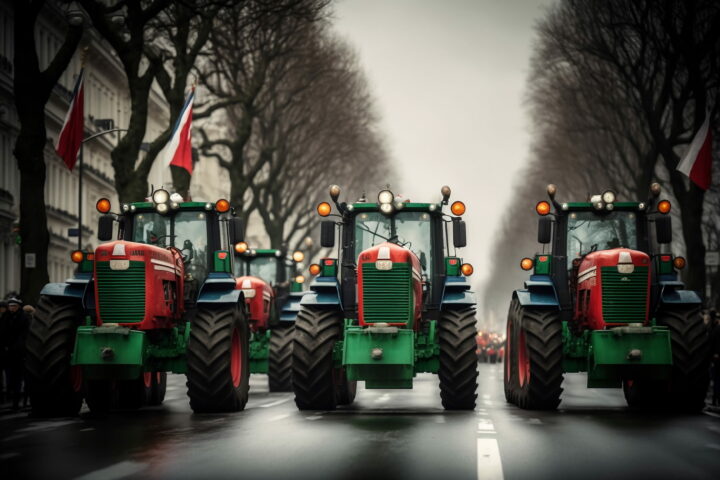
Farmers demonstrate against pesticide bans
French farmers have called for a large demonstration. Between February 8 and 20, 2023, farmers will drive their tractors into the heart of Paris to protest against the gradual decline in French agricultural production. The farmers have an ever-decreasing number of pesticides at their disposal to protect their crops.
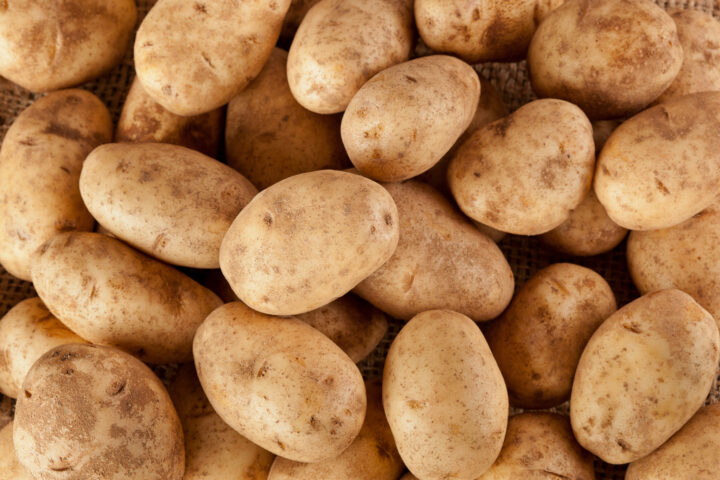
Biotech Breeding in Africa: A New Hope for Small-Scale Farmers
For potato farmers globally, late blight has been a persistent foe. While European farmers battle it, in Africa, the repercussions are often more devastating due to limited resources. Yet, there's newfound hope.
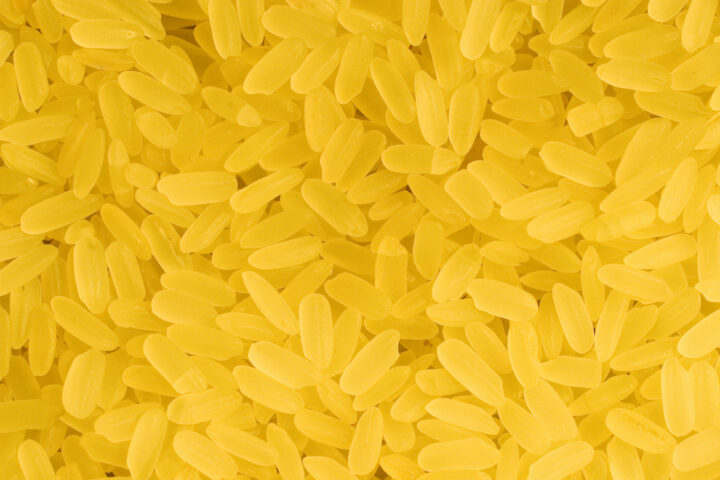
Philippines: Farmers Harvest the First Golden Rice
The world’s first Golden Rice harvest recently took place in the Philippines. The rice is enriched with a beta carotene gene, which can be converted into vitamin A in the human body. The aim is to bring an end to the widespread vitamin A deficiencies in developing countries. But there has been and still is massive resistance to growing it.
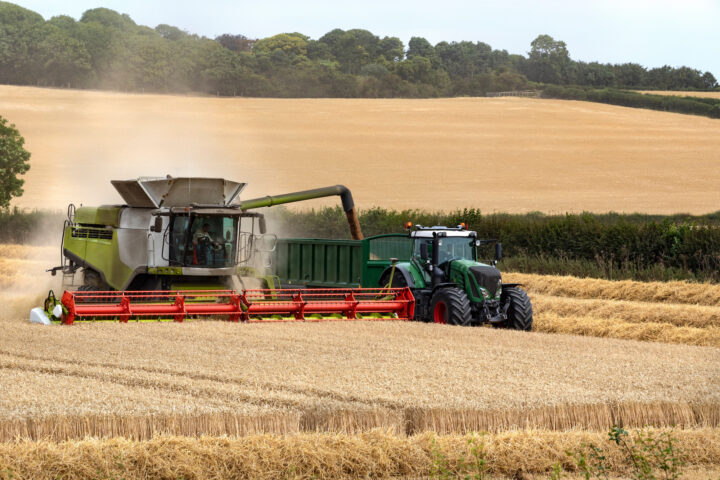
Genome editing: United Kingdom on its way to the top
The British Parliament is planning to pass a law that will provide new legislation for new breeding technologies, such as genome editing. This new legislation will pave the way for Great Britain to become a leading figure in agri-food research.
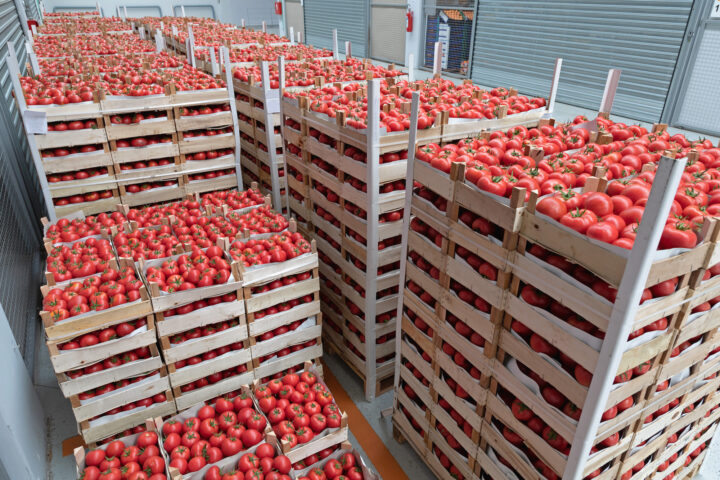
According to the Director of the Federal Office for Agriculture, “every second meal is imported”
The coronavirus pandemic, the Ukraine war and the energy crisis have all brought the vulnerability of supply chains into sharp relief. In an interview with the Tages-Anzeiger, the Director of the Federal Office for Agriculture, Christian Hofer, warns against becoming too dependent on food imports. Switzerland must take care of its food security.
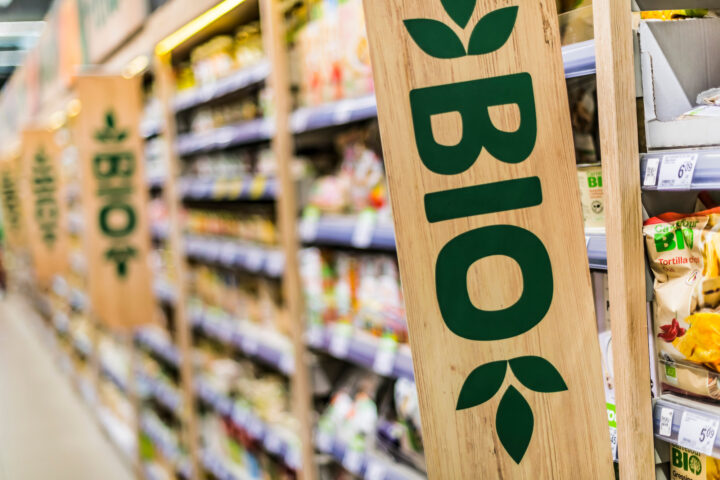
Organic products more frequently affected by recalls
Organic products have to be taken off retailers’ shelves at an above-average rate. The reason for this is toxins from plants harvested together with the organic produce or from molds. They can be controlled less well in organic agriculture than in conventional agriculture.
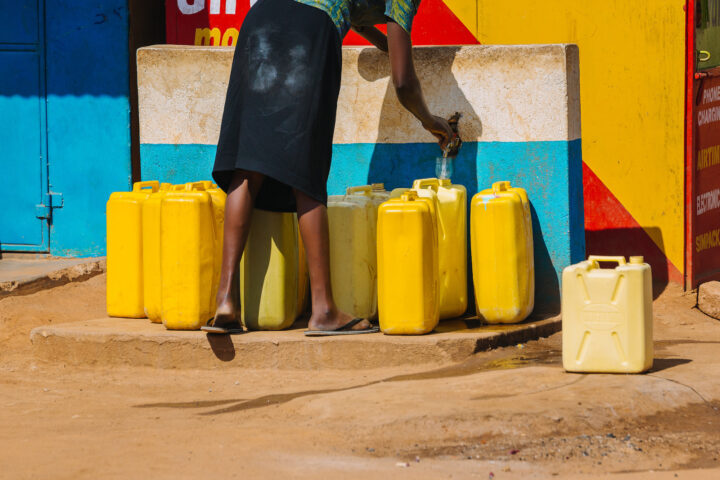
Africa: 500 million people without water security
Around one third of the people on the African continent live without safe access to water. According to the United Nations, even in the most water-rich regions of the continent there is insufficient water security. In addition, the large groundwater reserves in Africa are virtually unused. In the most recent World Water Report, the UN therefore calls for intelligent use of groundwater.
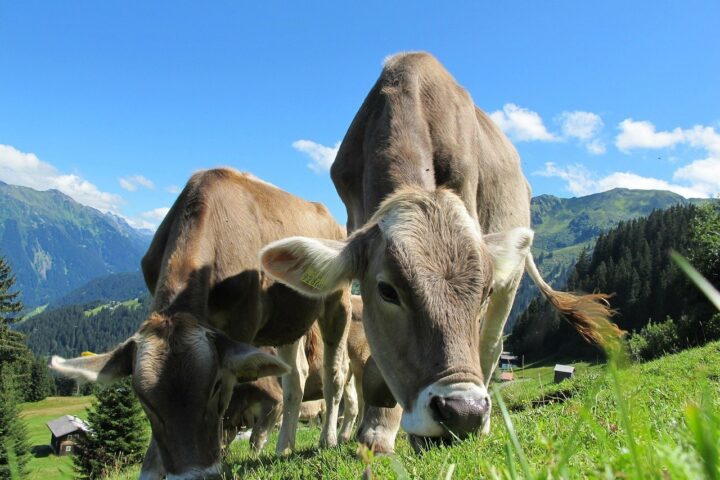
Genome editing for livestock farming
More than 800 animal scientists met recently at the annual meeting of the European Federation of Animal Science (EAAP) in Davos, Switzerland, to discuss challenges and solutions relating to the future of livestock breeding and farming.
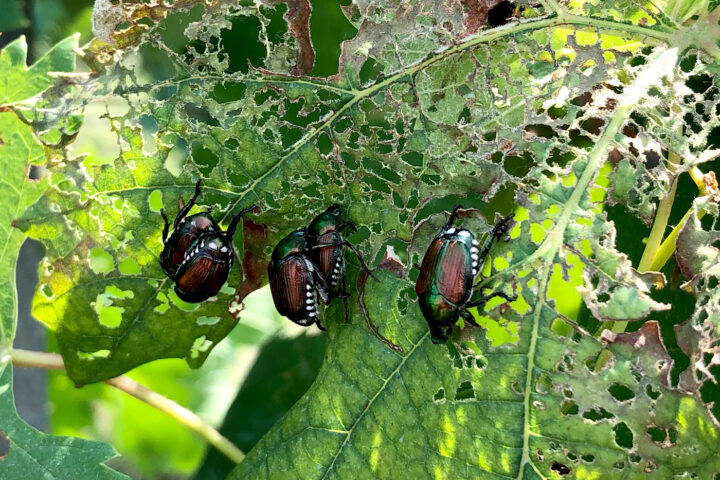
Report the invasive Japanese beetle immediately!
The voracious Japanese beetle is threatening to spread in Switzerland. It was introduced to Switzerland four years ago and was first discovered in the canton of Ticino. To prevent the spread of the pest, the Agroscope research centre is working together with the people of Ticino. An innovative tool is being used to enable the rapid reporting of any discoveries of the Japanese beetle.

